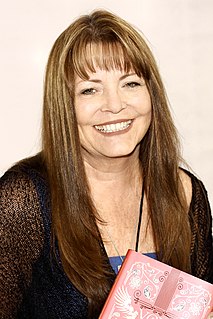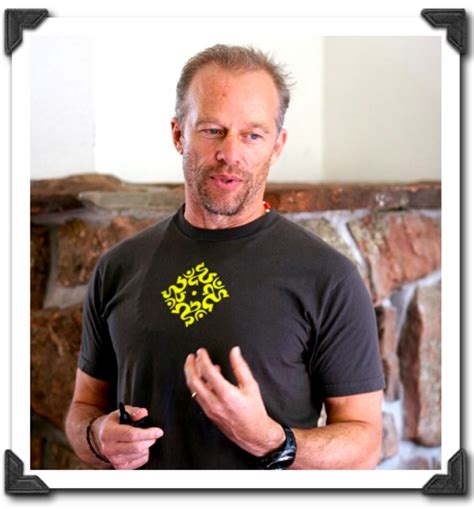A Quote by Andrew Pyper
There's something in human nature that says we need to have at least one symbolic place where chaos and dark desires can live.
Related Quotes
Gardeners may create order briefly out of chaos, but nature always gets the last word, and what it says is usually untidy by human standards. But I find all states of nature beautiful, and because I want to delight in my garden, not rule it, I just accept my yen to tame the chaos on one day and let the Japanese beetles run riot on the next.
Buddha says: Life should be simple, not complex. Life should be based on needs, not on desires. Needs are perfectly okay: you need food, you need clothes, you need a shelter, you need love, you need relationship. Perfectly good, nothing wrong in it. Needs can be fulfilled; desires are basically unfulfillable. Desires create complexity. They create complexity because they can never be fulfilled. You go on and on working hard for them, and they remain unfulfilled, and you remain empty.
So the technology that does the least alteration of nature, the least harm to other species and systems, and provides the greatest intimacy of human with nature, is the best. We could make a scale with that in mind, and judge any technology by its place on that scale: speech and eyeglasses, say, would rank low; nuclear bombs and coal plants, high.
If yoga is about life, this means ALL life, not just part of it. Together, the spiritual and the material constitute the whole you, the whole of the experience of being human, and the nature of the universe in which you live. There may be no step more important to achieving ultimate fulfillment than accepting what the Vedas teach us about desires--that some desires are inpsired by your soul.

































